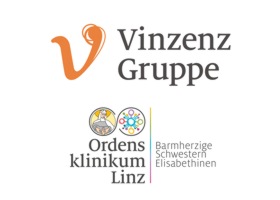Does the number of 6-monthly adjuvant zoledronate infusions received affect treatment efficacy for early breast cancer? A sub-study of ABCSG-12.Tools Beltran-Bless, Ana-Alicia und Clemons, Mark J und Fesl, Christian und Greil, Richard und Pond, Gregory R und Balic, Marija und Vandermeer, Lisa und Bjelic-Radisic, Vesna und Singer, Christian F und Steger, Guenther G und Helfgott, Ruth und Egle, Daniel und Sölkner, Lidija und Gampenrieder, Simon P und Kacerovsky-Strobl, Stephanie und Suppan, Christoph und Ritter, Magdalena und Rinnerthaler, Gabriel und Pfeiler, Georg und Fohler, Hannes und Hlauschek, Dominik und Hilton, John und Gnant, Michael (2023) Does the number of 6-monthly adjuvant zoledronate infusions received affect treatment efficacy for early breast cancer? A sub-study of ABCSG-12. European journal of cancer (Oxford, England : 1990), 180. pp. 108-116. ISSN 1879-0852 Für diesen Eintrag wurde kein Volltext-Dokument angefügt.
|
||||||||||||||||
|
|
|
|


 Tools
Tools Tools
Tools